Growing winter season vegetables in your kitchen garden for consumption purposes or selling in the market as well is a good initiative for anyone these days to get quality food, which helps to maintain good health. Although there is no particular season for starting, winter can be an ideal season for starting your own vegetable garden. If you work for your garden with proper planning, then you can grow vegetables in winter as well as all year. There are a few advantages and disadvantages that you should remember to starting vegetable production during the cold or winter season.
Table of Contents
Benefits of a winter season vegetable garden
Vegetable production during winter is quite different from the summer season production. You will get some benefits from cold weather. First of all, due to lower temperatures, evaporation and transpiration rates will be decreased, so the crop’s water requirement is usually reduced. Another big benefit of winter vegetables is that fewer pest attacks occur due to cold weather. If frost occurs in your area regularly during winter, then pests can not create many problems there, but if your site has mild weather, then you have to look into your vegetable crops more.
How to prepare a winter vegetable garden
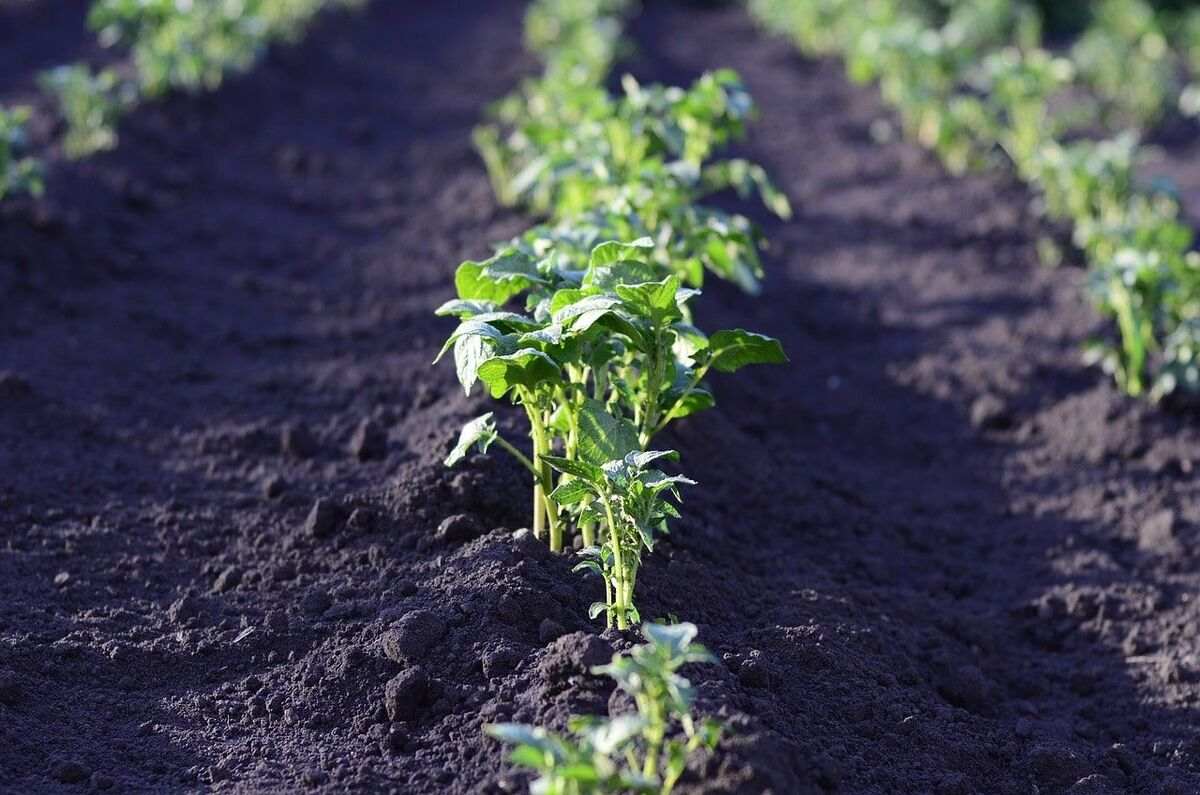
- Clean the total area where you are going to plant your winter-season vegetable crop. If any crop was grown in that soil, then remove all older crop residues properly.
- After that, turn the soil and break the clods using a garden spade.
- Add the required amount of organic matter, like compost, poultry manure, FYM, or any other NPK-providing fertilizers to the soil before planting. Because most of the soil microorganisms deactivate due to cold weather, plants cannot take up nutrients.
- Prepare the planting beds and furrows according to your selected vegetable crops.
- Always remember that winter vegetables require total sun exposure for their better growth, so it should be confirmed that planting beds are getting proper sunlight.
How to choose your winter garden vegetables
Before planting, select your goal first: if you are producing for your own consumption or for marketing purposes, or both. If you are growing winter vegetables on a smaller land only for your family’s consumption, then I suggest you grow the ones that your family members like the most. If you are a beginner, then you should start with two or three crops earlier.
Winter season vegetable garden care
You have to care about a few factors in your winter season vegetable garden. First of all, regular water is important. The soil must be moist, so watering at regular intervals is required. During the growing period time to time check the vegetables to ensure that the crop is free from any insect pest attack. If the crop is affected, then use the recommended dose of chemical or organic spray to overcome the situation quickly.
Popular winter vegetables to grow in your garden
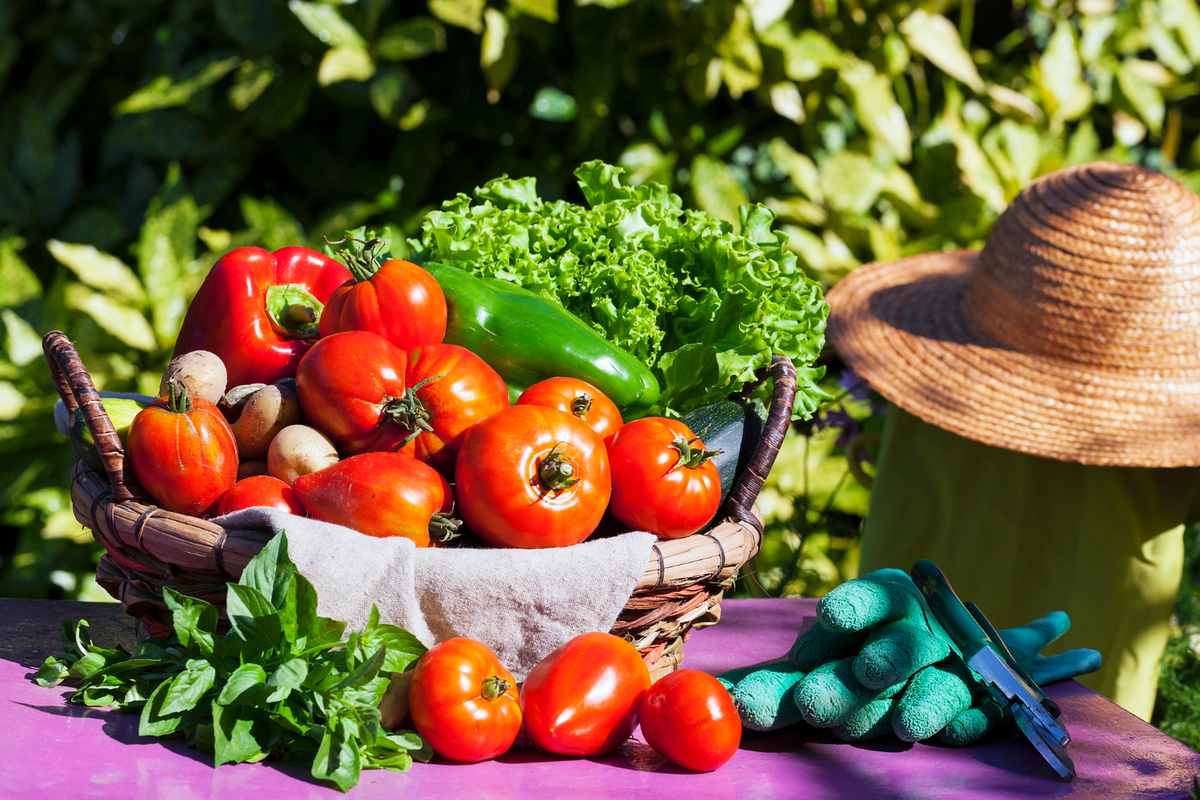
There are many cold-season vegetables that you can grow easily in your backyard or garden. The best vegetables to grow in winter, from November through March. During choosing vegetables to grow, always prefer what your family loves to eat during the cold season. Here I am going to recommend the 10 most popular cold-tolerant root vegetables and leafy greens you can choose for your winter vegetable garden.
1. Beetroot
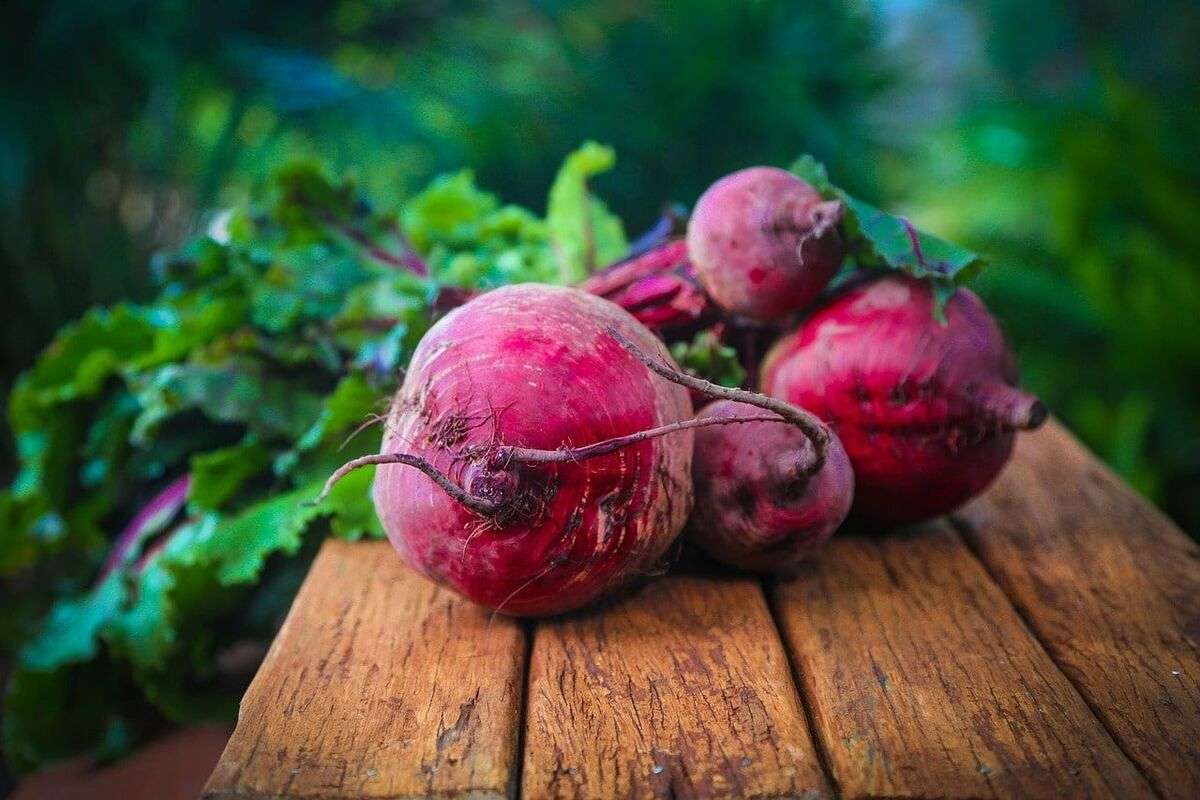
Beetroot is one of the richest sources of antioxidants and has many health benefits. It is easy to grow and very popular all over the world. First, prepare the soil and add the required amount of organic or chemical fertilizer per your growing area. Mostly seeds are used as propagating materials for beetroot. Regular watering is most important for the proper vegetative growth of the crop. Within two and a half months, beetroot becomes ready for harvesting.
2. Radish
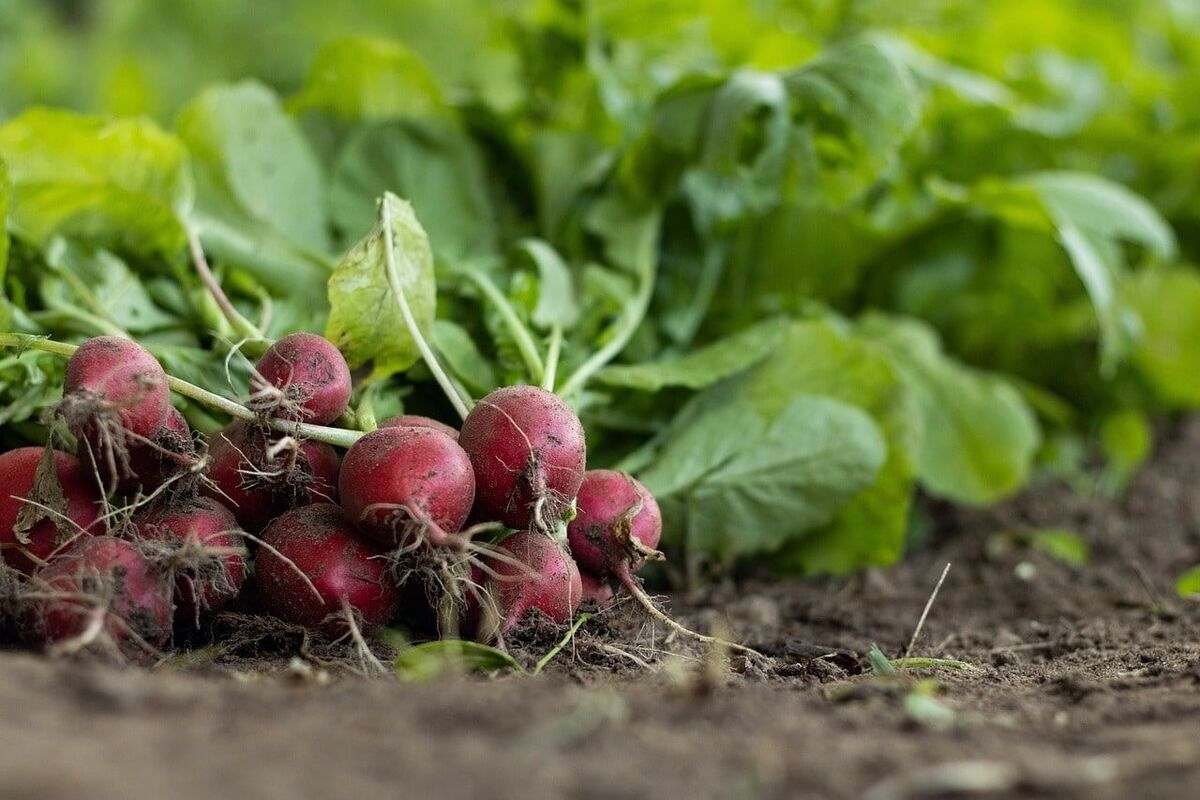
Radish is a good source of vitamin C and many other antioxidants. In the winter season, radish grows very well in the presence of proper sunlight. The soil you are preparing for radish cultivation must be fertile, well-drained, and full of organic matter. Weekly watering is ideal, but it depends on soil moisture content and climatic conditions. Generally, seeds are used for radish production, and the crop can be harvested from the 4th week of seed sowing.
3. Peas

Peas are the richest source of antioxidants like vitamin C, minerals, and one of the best plant-based proteins. Winter is ideal for growing peas. During the preparation of the soil, use the required amount of organic or chemical fertilizers as per your choice. Irrigation once a week is sufficient, but it depends on climatic conditions. After sowing the seed, it becomes ready for harvesting within 60-70 days.
4. Onion
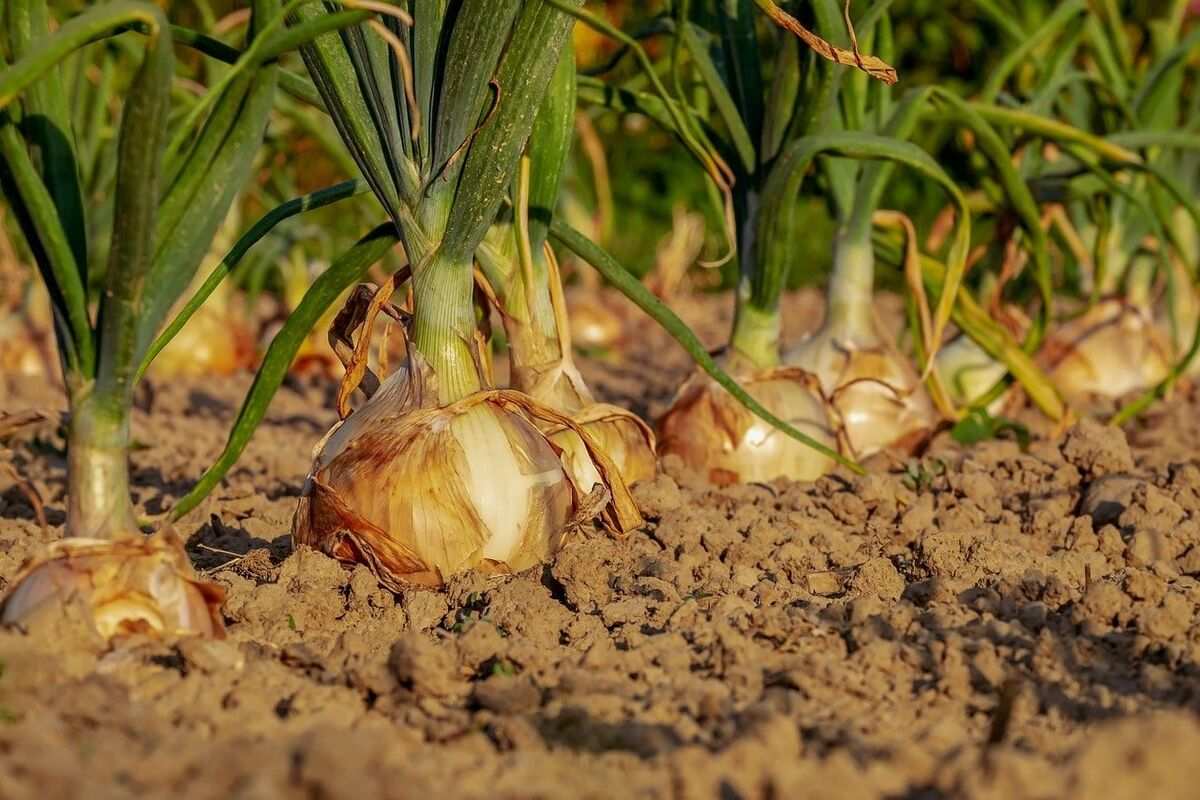
Onion is one of the most popular vegetables all over the world. It contains several antioxidants and also provides many health benefits. The transplanting method is used for onion production. After sowing seeds in the seedbed, it takes 40-45 days to be ready for transplanting. Irrigation is necessary during transplanting, and after that, weekly watering is recommended. Harvesting of onions can be started after two and a half months.
5. Lettuce

Lettuce is a good source of antioxidants and vitamins like K and A. The Winter season is best for growing good-quality lettuce. The soil must be well-drained and fertile enough for effective cultivation. Lettuce is mostly grown using the transplanting method, but you can grow it in your garden by direct sowing. These days, lettuce is produced commercially without soil using the hydroponic method. Lettuce becomes ready for its first harvest within two months.
6. Spinach
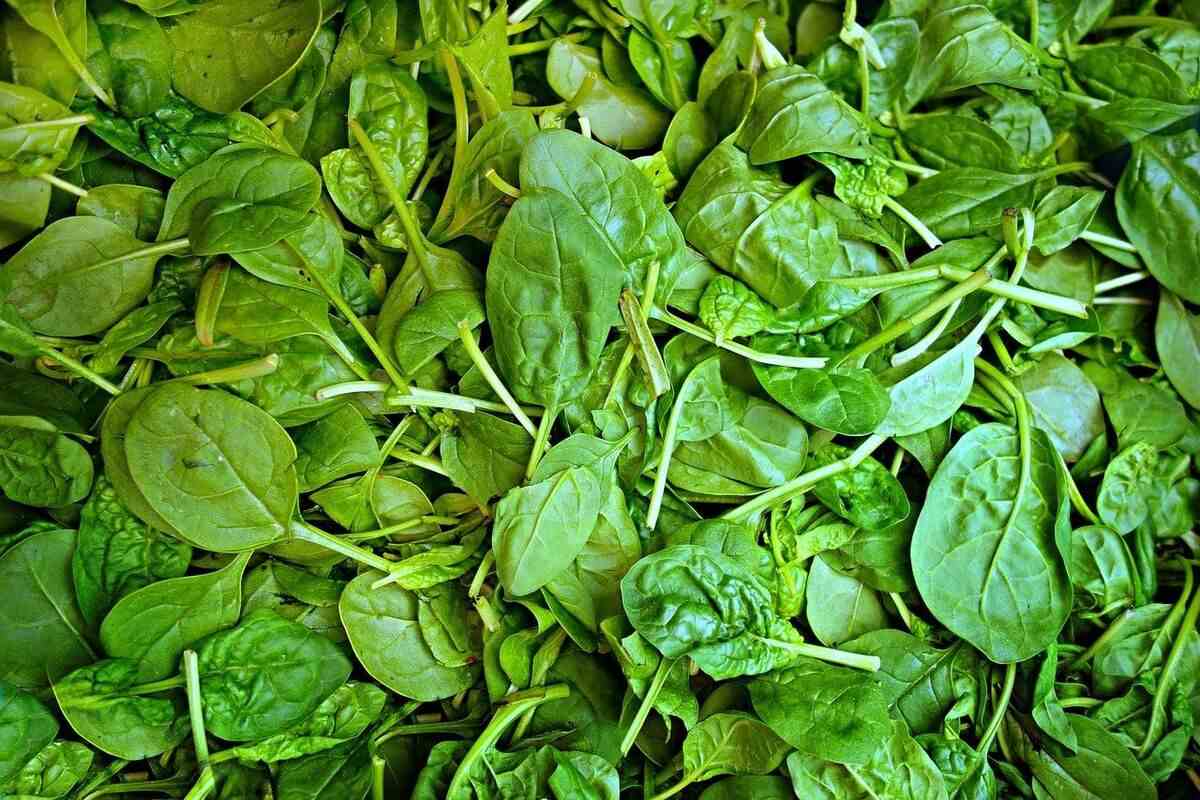
Spinach is an excellent source of many vitamins and minerals and provides numerous health benefits. It is a cool-season crop, but can be grown all year round. With proper growing practice, you can get multiple harvests from spinach. Spinach is propagated through seed and becomes ready within two months for first harvesting.
7. Cauliflower
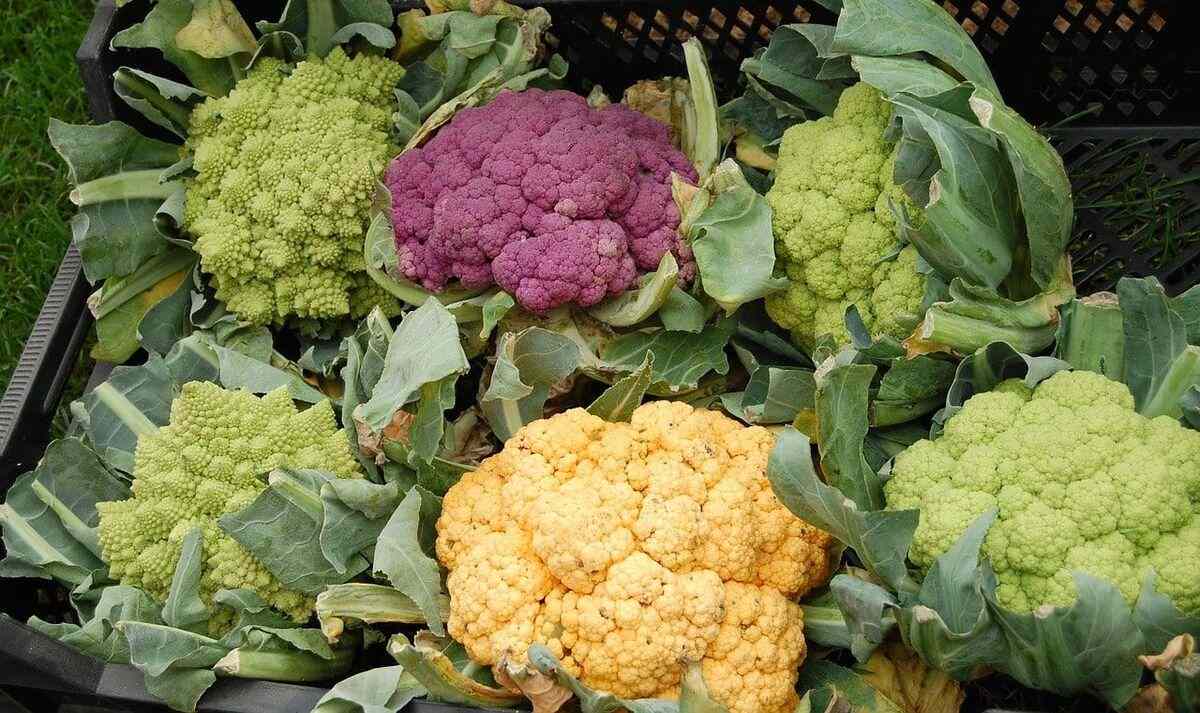
Cauliflower is one of the richest sources of fiber and vitamins among vegetables. The land you choose for cauliflower production must be fertile enough; if necessary, add the required amount of compost and fertilizers into the soil. The transplanting method is used for cauliflower, but you can sow the seeds directly after preparing the soil of your vegetable garden. The water requirement of cauliflower depends on different stages of crop growing, but mostly weekly watering is preferable. It takes almost three to four months to be ready for harvesting.
8. Cabbage
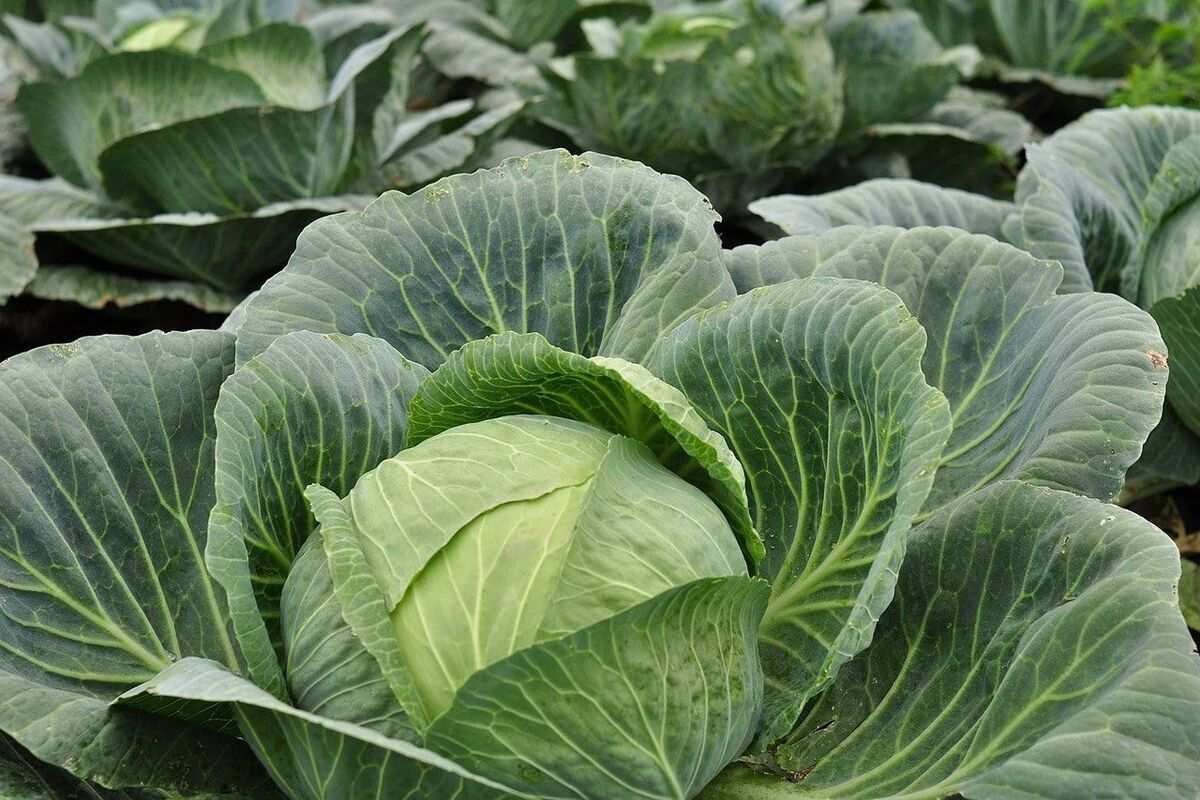
Cabbage is a good source of vitamins and minerals. For quality crop production of cabbage, the winter season is ideal. This crop can be grown in different types of soil, but the soil rich in organic matter and well-drained is preferred for high production. If the transplanting method is complicated for you or you are going to grow in a small area, then you can directly sow the seeds after preparing the soil. Cabbage is normally ready for harvesting within four months.
9. Carrot
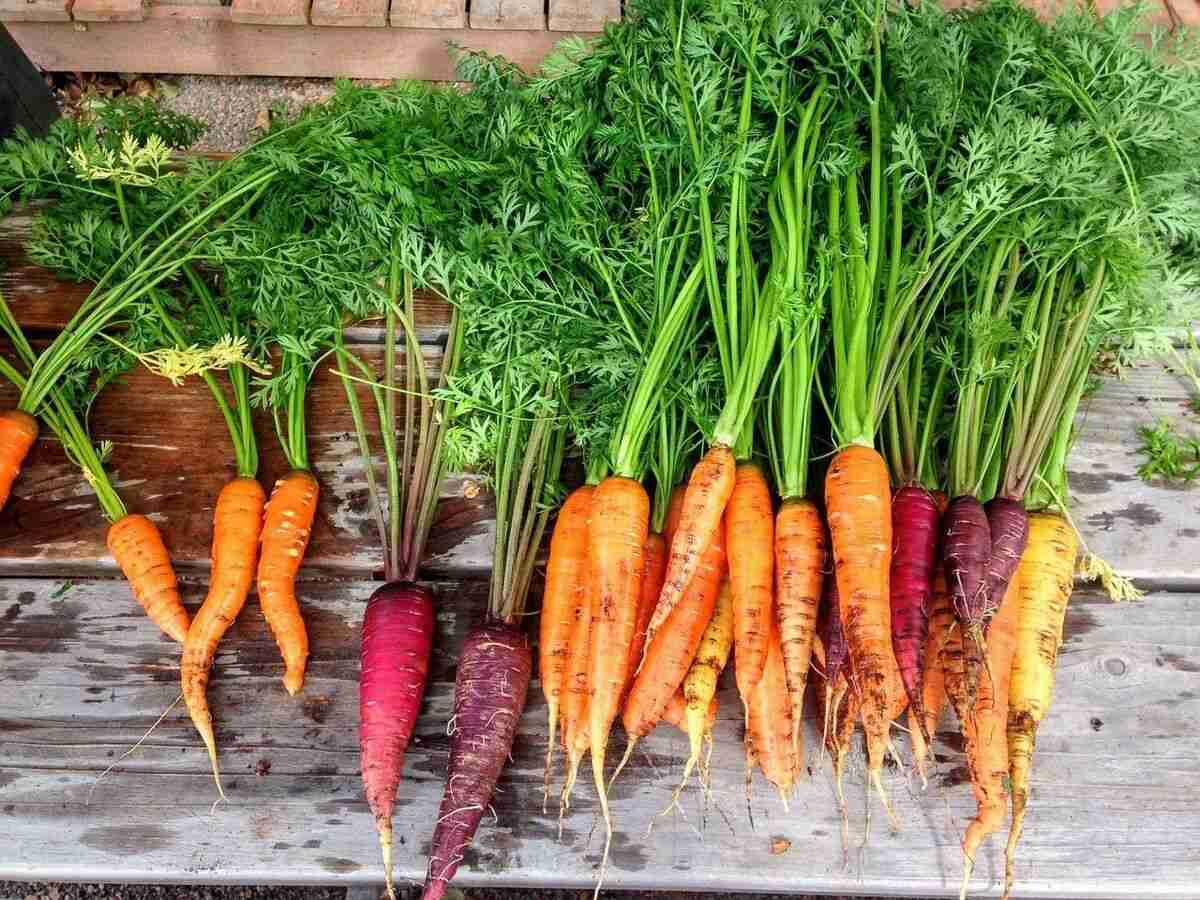
Carrot is a good source of beta-carotene, fiber, vitamins, and antioxidants. Cold weather is most suitable for carrot production. First of all, prepare the soil by providing the required amount of compost and fertilizers. After that, carrot seeds are sown, and light irrigation is carried out immediately after sowing. After that, weekly watering is enough for better crop growth. It takes almost three to four months to harvest carrots.
10. Turnip
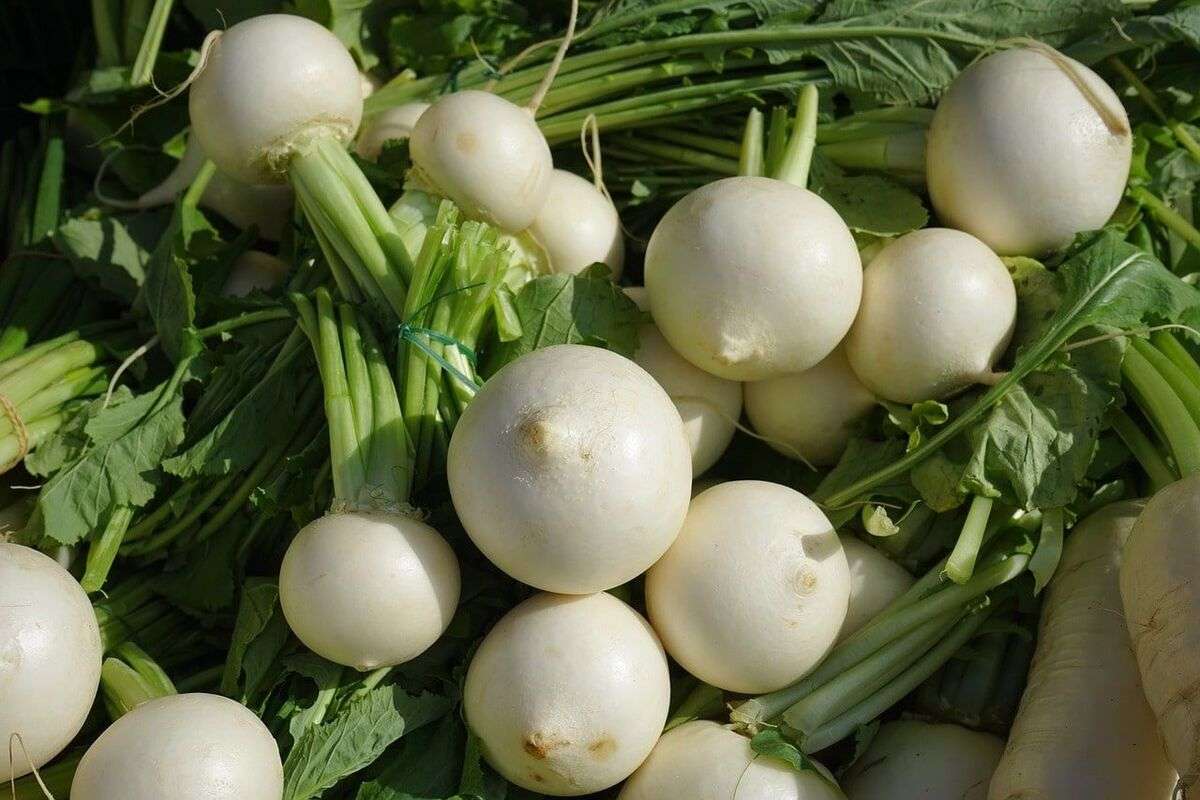
Turnip is loaded with vitamins and fiber. So, for your winter vegetable garden, it can be a good choice. Turnip can be grown in different types of soil, but the soil must be well-drained and full of organic matter. Turnip seeds are sown directly in the field. During sowing required spacing should provide for better crop growth and yield. First irrigation is provided immediately after sowing, but after that, watering depends on soil moisture content and climatic conditions. Turnip becomes ready for harvesting within two months.
FAQs
When to plant winter season vegetables?
Winter season vegetables are usually sown between the months of September and October. So The vegetables become ready to harvest during the winter months of December to February.


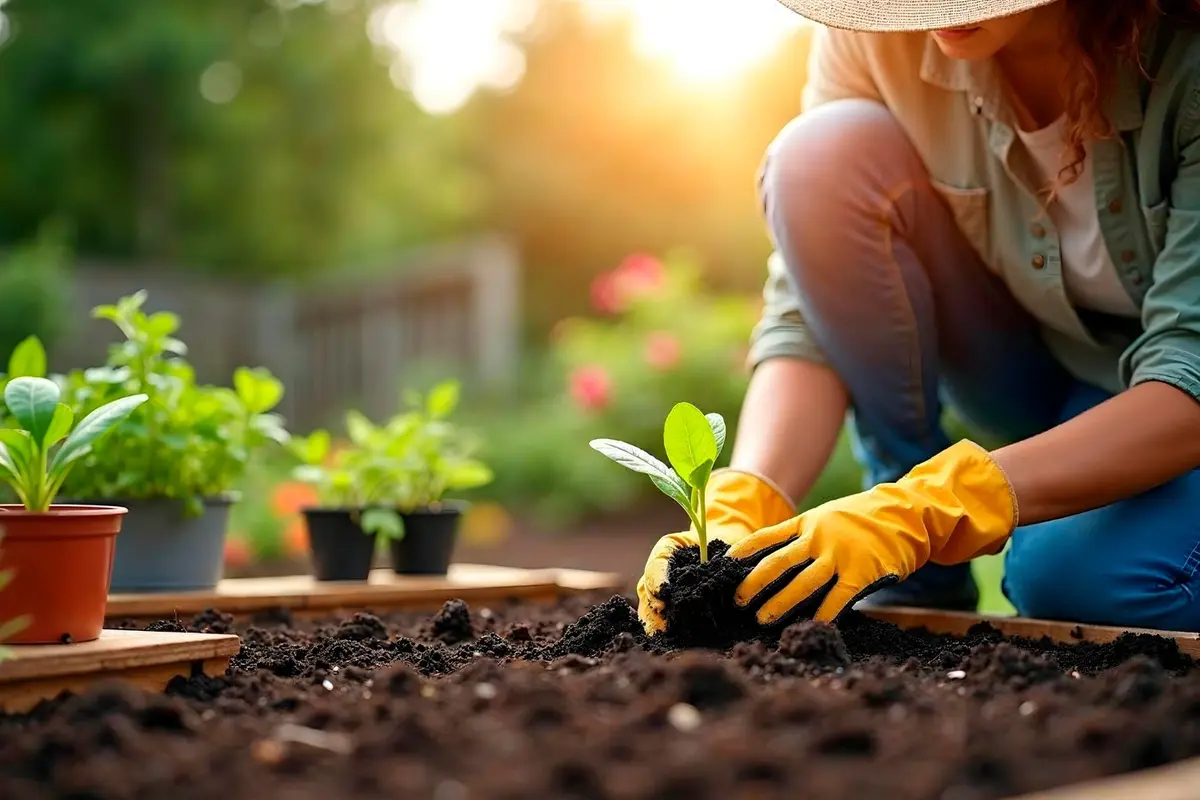
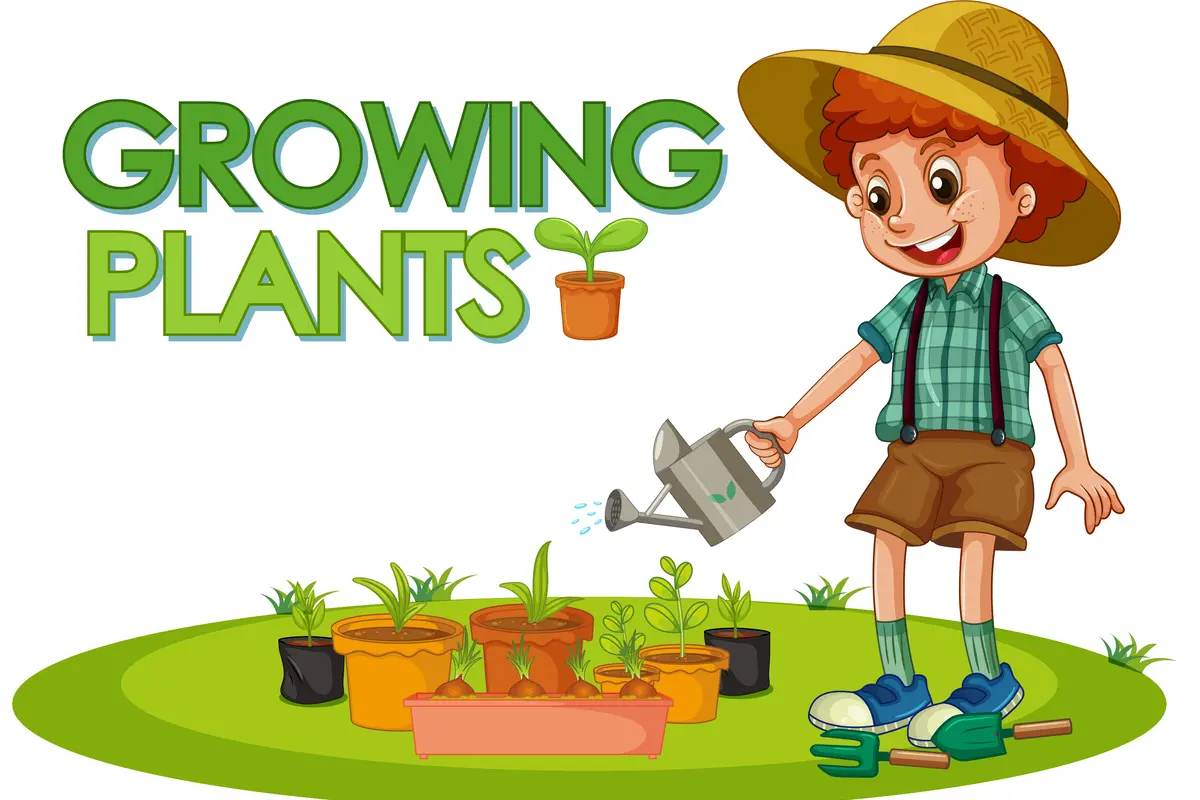



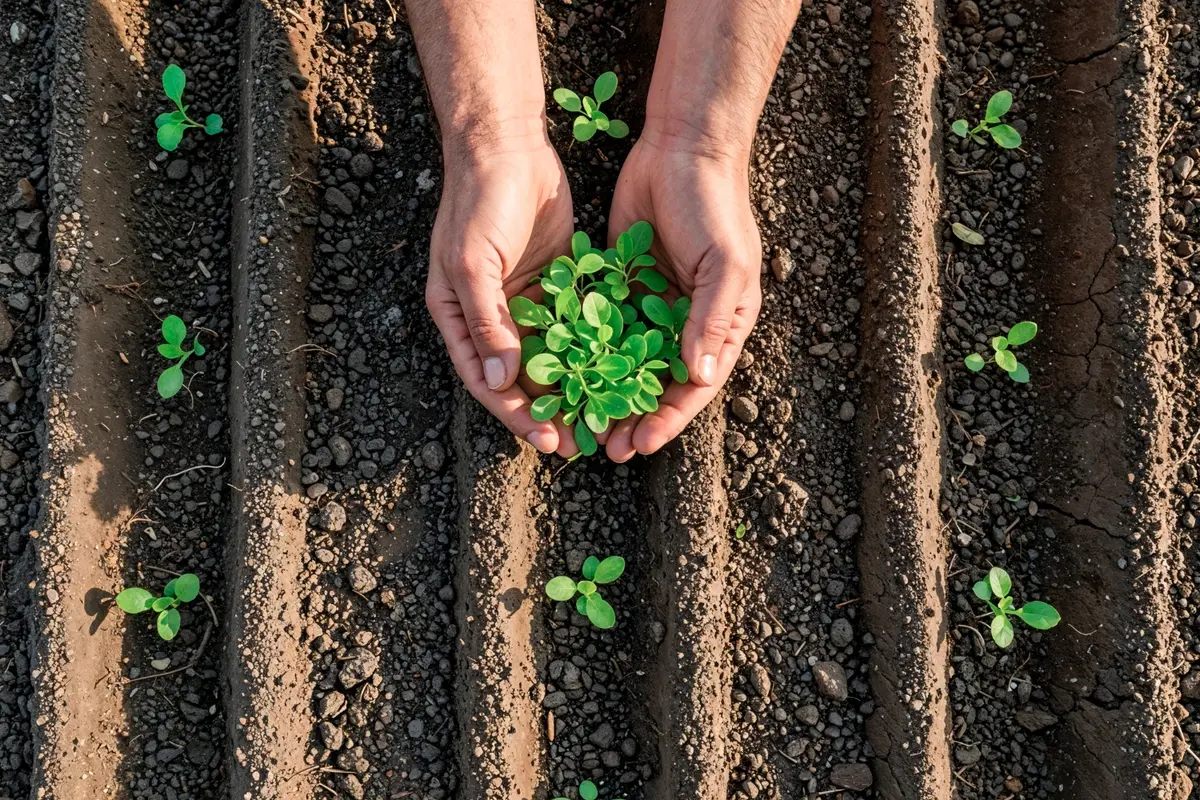

Excellent blog you’ve got here.. It’s difficult to find high-qualitywriting like yours nowadays.
I seriously appreciate individuals like you!
Take care!!